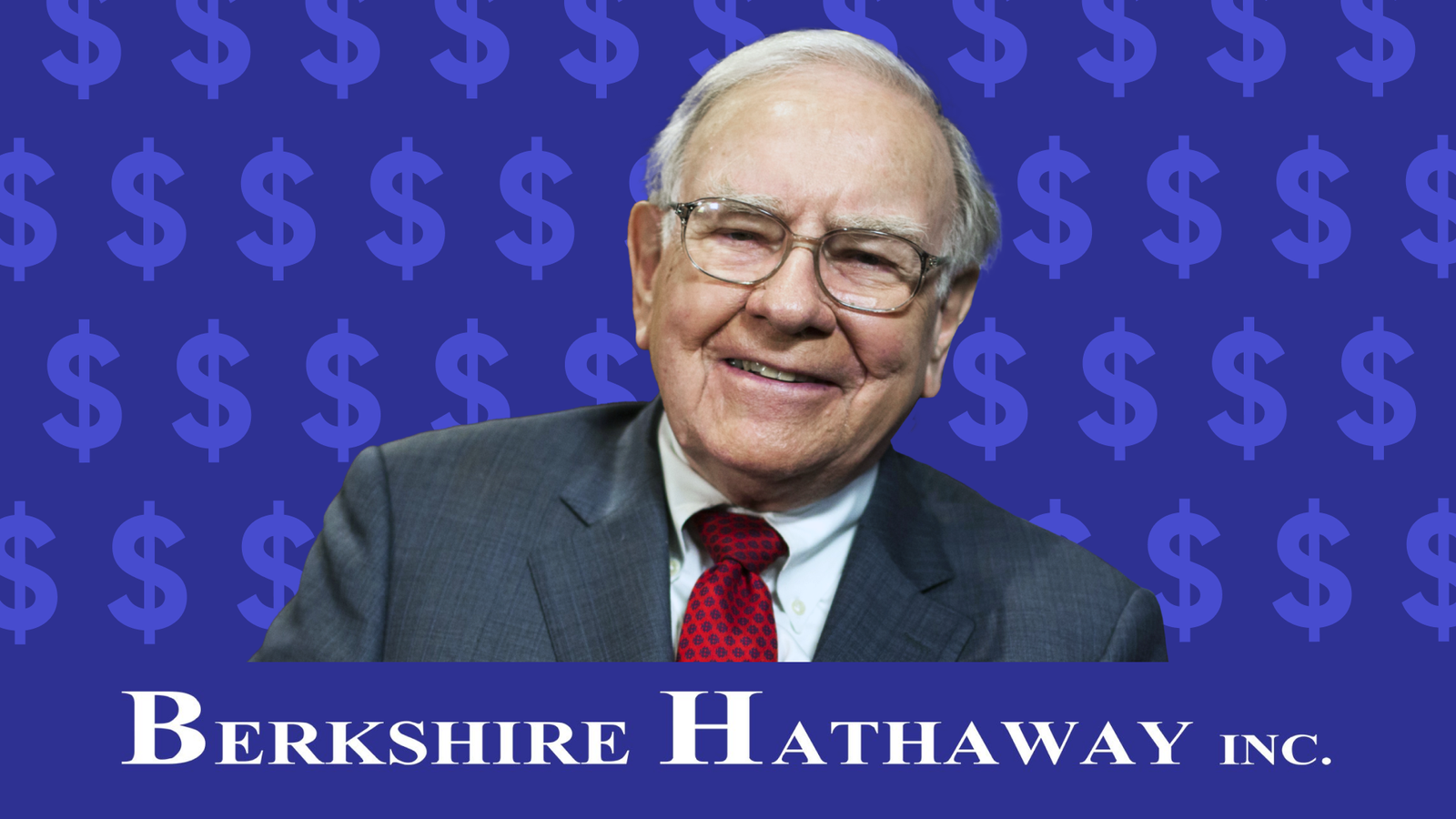On an otherwise routine trading day, a significant technical glitch led to a rare and dramatic event on Wall Street. Traders who were quick to spot an opportunity snapped up shares of Warren Buffett’s Berkshire Hathaway at a staggering $620,000 discount. However, these traders’ excitement was short-lived as the New York Stock Exchange (NYSE) announced that these trades would be cancelled.
Contents
The Technical Glitch: What Happened?
On May 26, 2024, a technical malfunction caused a temporary mispricing of Berkshire Hathaway’s Class A shares (BRK.A) on the NYSE. These shares, known for their hefty price tags often exceeding $500,000 per share, were mistakenly offered at a drastically reduced price. The technical glitch allowed some traders to purchase shares at a massive discount of up to $620,000 below the actual market price (NerdWallet: Finance smarter) (livescience.com).
This kind of incident is extremely rare, especially involving a company as significant as Berkshire Hathaway. The company, under the leadership of Warren Buffett, has long been a cornerstone of stability and value in the stock market. Any anomaly involving its shares garners significant attention from both the media and the investment community.
Immediate Aftermath
The NYSE’s response was swift. Recognizing the error, exchange officials moved to nullify the trades made during the glitch. This decision, though disappointing for the traders who thought they had secured a once-in-a-lifetime deal, was necessary to maintain market integrity and fairness. The exchange cited its rules that allow for the cancellation of trades if they are made due to obvious errors or malfunctions (NerdWallet: Finance smarter) (livescience.com).
The cancellation of these trades underscores the importance of automated systems and fail-safes in modern trading. While technology has significantly improved the efficiency and accessibility of stock markets, it also introduces vulnerabilities that can lead to such incidents.
Traders’ Reaction
Understandably, the traders who capitalized on the glitch were upset by the NYSE’s decision. For many, this represented a lost windfall. However, the cancellation was in line with standard practice for handling such errors. Market participants generally understand that trades resulting from technical faults are subject to review and potential reversal.
In the broader context, this incident serves as a reminder of the volatility and unpredictability that can sometimes characterize financial markets, even those as robust as the NYSE. For traders, it highlighted the importance of due diligence and the potential pitfalls of too-good-to-be-true opportunities (NerdWallet: Finance smarter) (livescience.com).
The Role of Market Regulations
Market regulations are in place precisely to handle such anomalies. The Securities and Exchange Commission (SEC) and exchanges like the NYSE have developed protocols to address errors and ensure that all trades reflect the true market value of securities. These regulations are critical for maintaining investor confidence and the smooth functioning of financial markets.
The decision to cancel the Berkshire Hathaway trades was rooted in these principles. Allowing the erroneous trades to stand could have set a problematic precedent and potentially undermined market integrity. By reversing the trades, the NYSE reaffirmed its commitment to fair trading practices (NerdWallet: Finance smarter) (livescience.com).
Implications for Berkshire Hathaway
For Berkshire Hathaway, the incident was an unusual blip rather than a reflection of any underlying issue with the company or its stock. Under Warren Buffett’s leadership, Berkshire Hathaway has built a reputation for prudent investment and steady growth. The company’s portfolio, which includes significant holdings in companies like Apple, Coca-Cola, and American Express, remains robust (NerdWallet: Finance smarter).
The glitch and subsequent trade cancellations are unlikely to have any long-term impact on Berkshire Hathaway’s stock or its market perception. Investors continue to regard Berkshire Hathaway as a bedrock of value investing and stability.
Lessons Learned
This incident offers several key lessons for traders and investors:
- Technology’s Double-Edged Sword: While technological advancements have revolutionized trading, they also come with risks. Technical Glitches and errors can occur, and traders need to be prepared for such eventualities.
- Importance of Regulatory Frameworks: The swift action by the NYSE highlights the importance of regulatory frameworks in ensuring market integrity. These frameworks are essential for protecting investors and maintaining trust in financial markets.
- Prudence in Trading: Traders must exercise caution and due diligence, especially when deals seem unusually advantageous. The maxim “if it seems too good to be true, it probably is” holds true in the stock market.
- Market Stability: Companies with strong fundamentals, like Berkshire Hathaway, can weather such anomalies without lasting damage. This underscores the importance of investing in stable, well-managed companies.
Conclusion
The cancellation of trades involving Warren Buffett’s Berkshire Hathaway due to a technical glitch was a significant event that underscores the complexities and occasional pitfalls of modern trading. For the NYSE, it was a test of its regulatory mechanisms, which it passed by acting quickly to maintain market integrity. For traders, it was a reminder of the importance of vigilance and the unpredictable nature of the stock market. As technology continues to evolve, the balance between innovation and stability will remain a critical focus for market regulators and participants alike.
For more detailed information, you can refer to:






